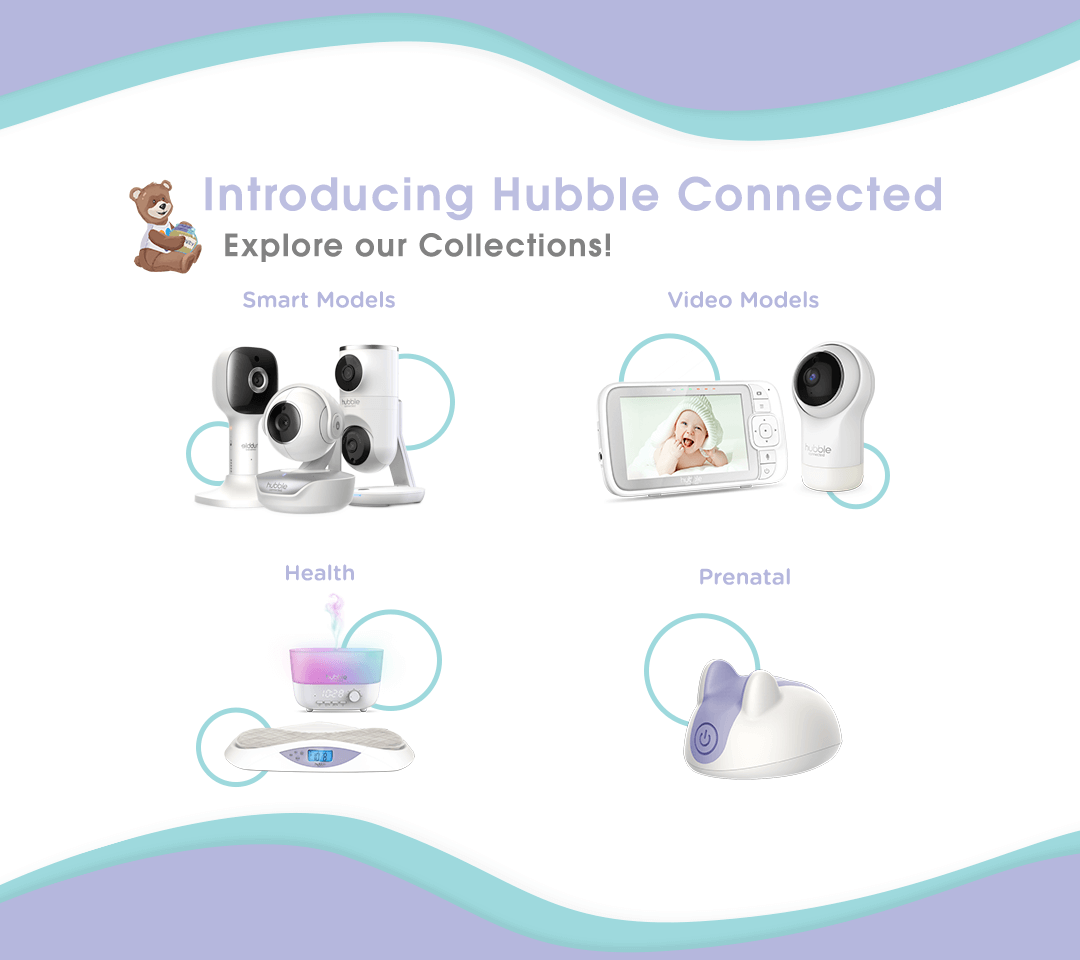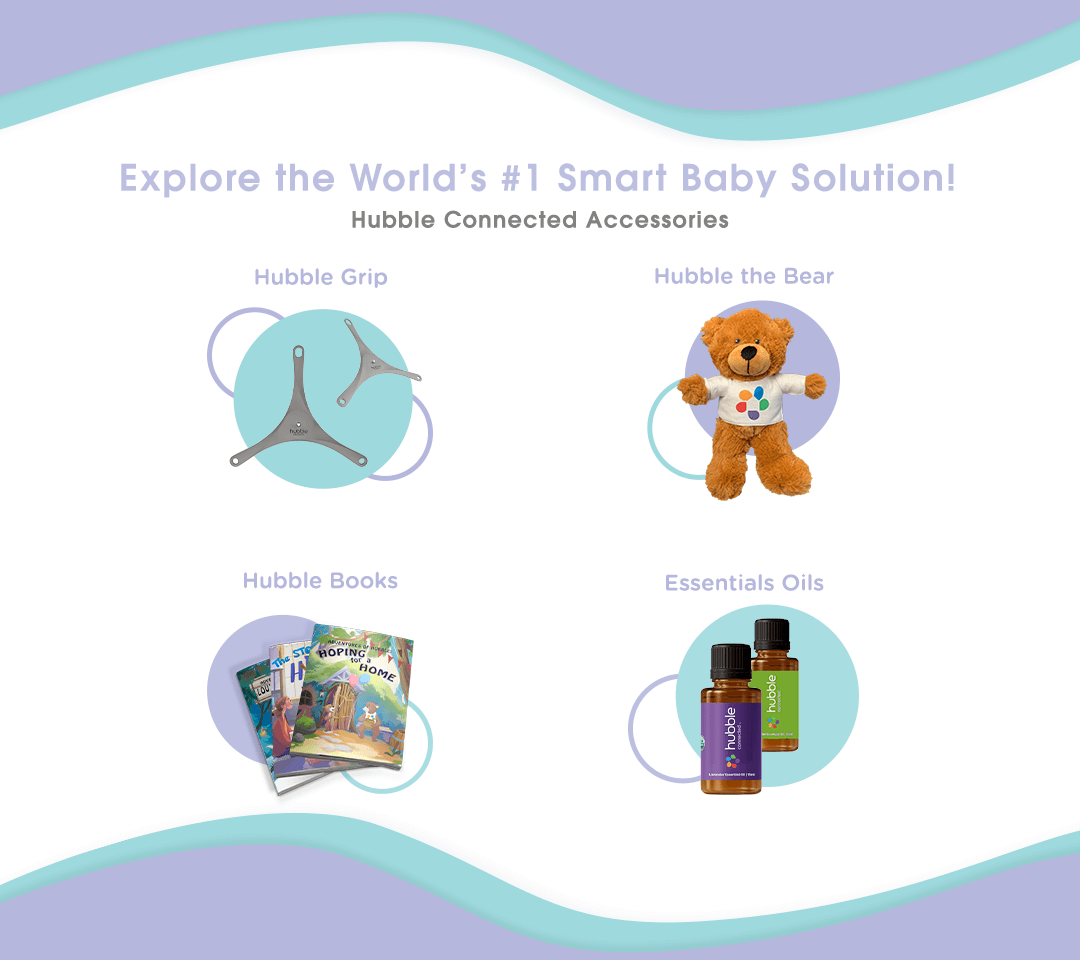Your Cart is Empty
February 10, 2021 4 min read

If you are a parent, chances are you have experienced the agony of a baby going through separation anxiety. You leave your child with grandpa or grandma, knowing they are in safe hands, yet their crying makes your heartache.
Even though separation anxiety is a normal and even healthy response in a baby, it can still be difficult for the child and sometimes more so for you – the parent. It can be confusing to know how to respond or even to know thebest way to respond.
While this is a challenging stage in development, you're not alone. Learning about separation anxiety will help you and your child cope with this developmental milestone that much better.
Separation anxiety and the onset will vary from child to child and can happen as early as five to seven months. This is when a baby’s ability to recognize object permanence develops. Object permanence means your child knows you still exist when you've left the room. For many babies, though, separation anxiety starts closer to nine months.
Some level of separation anxiety in your infant is a healthy thing because it means he or she recognizes you have left and wants you back. Their connection to you and desire for you to be near is the reason separation anxiety happens!
ShopBaby Tech Gearand keep your baby in style.
While some babies will develop separation anxiety early on, some children seem unaffected until toddlerhood. If your child skipped the infant separation anxiety period, he or she would most likely experience it as a toddler. It’s most common for it to begin around fifteen to eighteen months.
For both the infant and toddler stages, things such as tiredness, feeling hungry, being out of routine, or anything unfamiliar can heighten the anxiety. A toddler's reactions often look similar to a tantrum with loud crying and being difficult to console. Most parents experience some struggle when moving their child from thecrib to toddler bed.
Preschool-age children will also exhibit separation anxiety. For some, it's their first time leaving home to go to school for larger amounts of time. The difference with preschool-aged children is they understand how to get their way better. Stay strong and don't give in.
Most likely, separation anxiety will rear its head multiple times as your child develops and ages. Typically it's just a season, and it will pass, but we will also cover signs to look for and how to best help your child through this stage.
If you know the age separation anxiety is most likely to happen, it can help you identify it. Still, there are also a few other simple ways to determine whether your baby is dealing with separation anxiety.
Crying is the number one indicator of separation anxiety but not just any crying - crying when the baby is put down or given to another person to hold. If your baby stops crying when you pick her up or take her back, the cause was most likely separation anxiety.
Keep Virtual Tabs:How to Turn Your Smartphone into a Baby Monitor
Another sign of separation anxiety is your baby is being more clingy than average or even waking up more often in the night. He wants to make sure you're not going to leave or that you’re nearby. Consider asmart baby monitor,video baby monitor, oraudio baby monitor to help keep tabs on him/her while you're away.
Crying is the most natural reaction to separation anxiety, and when nothing is physically wrong with your child, it makes it easier to recognize. Remember, if your child is around five to eight months or approximately fifteen months, chances are he or she will start to experience and show signs of separation anxiety.
The easiest thing is to give in when your child shows signs of separation anxiety, but it is neither helpful for you nor your child in the long run. Instead, here are a few tips and tricks to make the short good-bye easier for both of you.
By playing a game as simple as peek-a-boo, you are teaching your child you will come back. You can also do this by going to a different room of your house for a minute and then returning. You could even create a song about always coming back.
While it may seem easier to sneak out, your child will realize you’re gone. They are then left potentially confused or more saddened because they didn't get a good-bye hug or kiss. Don’t sneak out but instead create a good-bye routine or ritual.
Learn More: Developmental Milestones in Your Baby's First Year
Babies, toddlers, and children are brilliant, and simply talking through what will happen can ease their nerves. Tell them when you're going to leave, what you will do, and always remind them that "Mommy (or Daddy) will come back!".
If you tell your child "good-bye," leave. Don't wait for them to begin crying and try to comfort them. Do what you said you'd do and go. This creates consistency and a standard. It often feels like a band-aid being ripped off, but most of the time, after a few moments of tears, your baby will recover.
Stay calm and remember you are helping your child through this developmental milestone one day, one moment at a time. They will get through it, so your job is to stay calm and to stay consistent.
New to Fatherhood? Check out: Tips for Dad's on Bonding
Separation anxiety is not a fun experience for anyone: parent or child, but it’s a beautiful milestone and an excellent learning opportunity for your child. By knowing when it can begin, what it looks like, and ways to ease the anxiety, you and your child, will tackle this minor difficulty together and come out more connected and at more peace.
Just remember, every child is different and every process will look slightly different. Don't compare your child and your's journey to someone else. Stay consistent, stay calm, and you will be able to help your child through any circumstance!

June 21, 2021 3 min read

June 21, 2021 3 min read
and get $10 OFF your next Hubble Connected purchase.
.png?v=1627679689)

.png?v=1627679796)
.png?v=1627679828)



